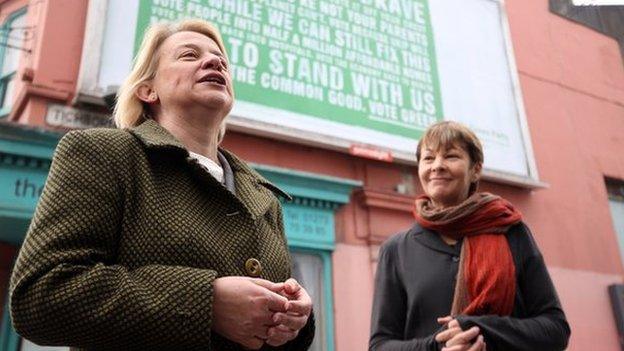Election 2015: Green Party manifesto at-a-glance
- Published
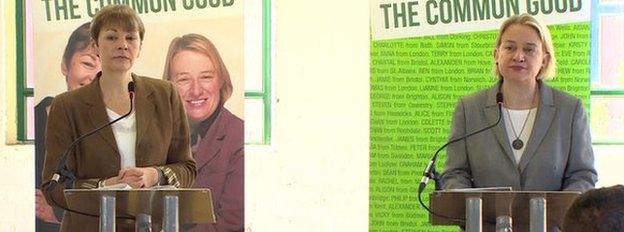
The Green Party in England and Wales has launched its manifesto. The full document is available online, external. Here are the main things you need to know.

Key message
The central focus of the Green Party's offering can be summed up as governing "for the common good". That is the headline of its 84-page document, and it features in the very first chapter.
Its manifesto promises an end to austerity and to bring about a more equal, democratic and humane society.
It also puts tackling climate change and fuel poverty at the heart of the party's agenda, with leader Natalie Bennett saying only the Greens are making the environment a priority in the election.

Key policies
Among the prominent pledges in the manifesto are:
Plans to renationalise the railways; curb emissions
Reverse what the party sees as the "creeping privatisation" of the NHS
Raise the top rate of income tax to 60p
Increase the minimum wage to a living wage of at least £10
Decommission Britain's Trident nuclear weapons
A plan for a free nationwide home insulation programme to help tackle nine million cold homes, and lift two million homes out of fuel poverty

The economy
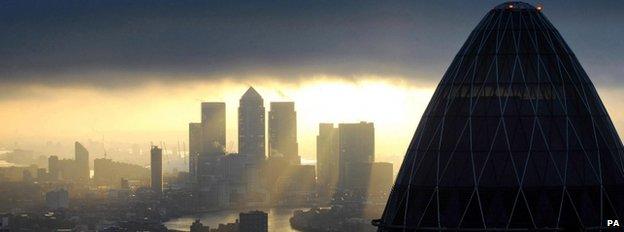
A key theme of the Green Party's manifesto is to end austerity and "transform" the UK economy in order to "close the gap between the rich and the poor". The party pledges to:
Increase public spending to almost half of national income
Close taxation loopholes and crack down on tax avoidance
Introduce a wealth tax of 1-2% on people worth £3m or more
Salaries above £150,000 a year to incur a 60% income tax rate
Introduce a financial transaction tax (a "Robin Hood" tax) on banks
Increase the National Minimum Wage to a living wage for all, of £10 per hour by 2020
Create one million well-paid new public sector jobs
Reduce National Insurance contributions
Ensure the highest wage in any business is no more than ten times the lowest wage

The environment and transport
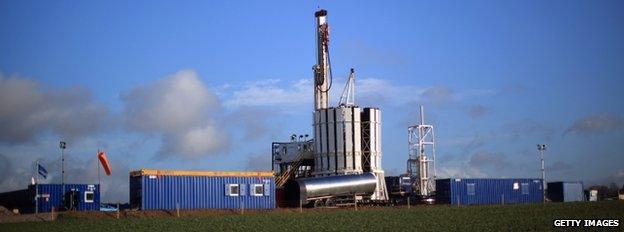
Ban fracking for shale gas
Phase out coal fired power and stop new nuclear reactors
A public programme of renewables, flood defences and home insulation
Invest £45bn in a free nationwide retrofit insulation programme to make nine million homes warmer, and lift two million households out of fuel poverty
£35bn in public investment in renewable power over the next parliament
All schools, hospitals and public buildings would have solar panels by 2020
An extra £1bn invested in flood defences annually
Tackle emissions by scrapping the government's national roads building programme
Subsidise public transport and return the railways to national ownership
Stop airport expansion
Invest in electric vehicle charging points

Housing

The party makes several pledges on housing, including to:
Abolish the "bedroom tax"
Provide 500,000 social rented homes by 2020
Bring empty homes back into us
Cap rents, introduce longer tenancies and licence landlords to provide greater protection to renters.

Health
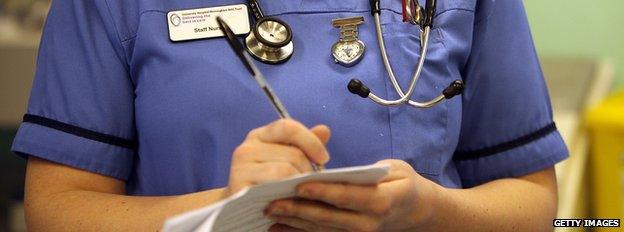
The manifesto document and its executive summary also highlights the NHS as a key priority with pledges to:
End the "creeping privatisation" of the NHS and repeal the government's Health and Social Care Act 2012
Increase the overall NHS budget by £12bn a year to overcome the current "funding crisis"
Thereafter, increase the budget in real terms by 1.2%
Raise alcohol and tobacco taxes to help fund this
Provide free social care for people at the end of life
Require NHS staff to declare financial interests that conflict with their role
Stop further private financial initiative (PFIs) contracts and sale of NHS assets
Increase resources for mental health to make it a greater priority

Education

The party is also promising to:
Scrap university tuition fees and invest £1.5bn extra a year in further education
Promote a "comprehensive system" of local schools staffed by qualified teachers
Bring academies and free schools into the local authority system
Introduce a free but voluntary universal early education and childcare service from birth to seven years old
Restore the education maintenance allowance for 16 and 17-year-olds
Oppose privatisation of further education

The launch

Hackney, east London played host to the Greens for their 2015 manifesto launch.
Party leader Natalie Bennett and her predecessor Caroline Lucas, who is defending the seat of Brighton Pavilion, shared a stage, in front of a banner that read: "Standing for the common good."
The event lasted 20 minutes, with a handful of media questions taken after the opening speeches.

The Green 'revolution'
Ms Bennett urged voters to "create a peaceful political revolution" by backing her party on 7 May.
"By voting for what they believe in they can transform British politics," she said. "They can create a peaceful political revolution. That's what this manifesto offers."
The Green leader said her party was offering a "politics founded in humanity", adding: "This is really a model of an end to Thatcherism."
"So many decades on we've been stuck in that kind of ideology and what we're doing here is setting out a whole vision of how Britain can work differently, humanely, fairly," she said.
Ms Bennett added: "This is a vision that sees the end of the disastrous policy of austerity that is making the poor, the disadvantaged and the young pay for the greed and the fraud of the bankers.
"And this is a vision that is exciting increasing numbers of Britons."
- Published14 April 2015
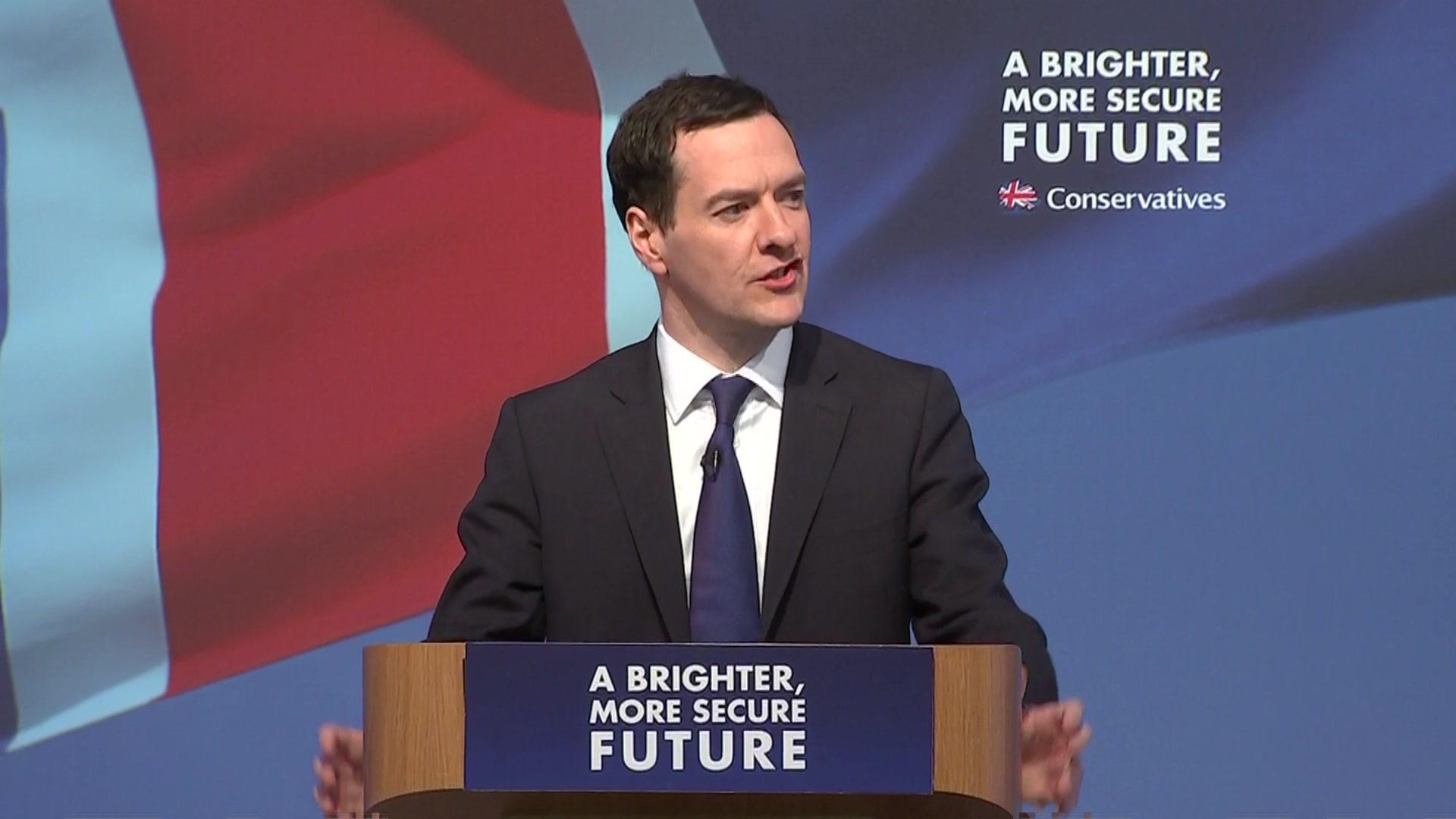
- Published14 April 2015
